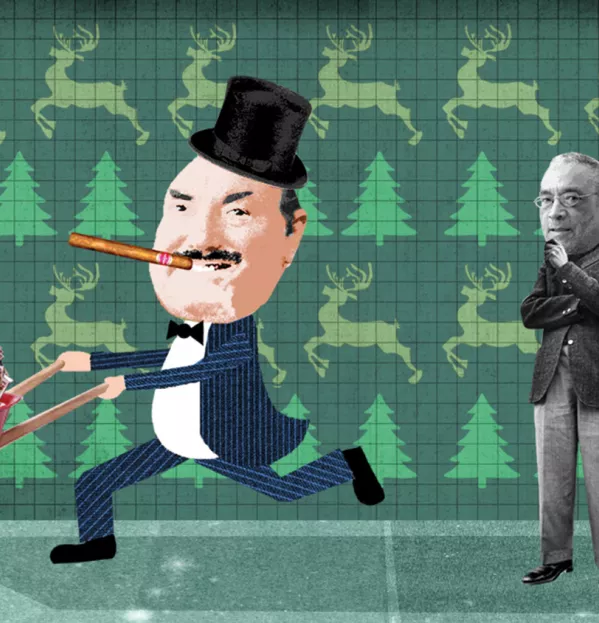Knowing just how busy and overworked most of us are in education, I wouldn’t normally be suggesting my fellow professionals read a whopping big book. French economist Thomas Piketty’s Capital in the Twenty-First Century is 700 pages long and stuffed with equations, graphs and tables. It’s also one of the most absorbing books I’ve ever read - as gripping as any blockbuster.
Using a mass of historical data, Piketty sets about analysing the gulf between rich and poor. If this gap keeps getting worse, he argues, the political and social consequences for us all are - to use his word - terrifying.
In the midst of many factors, education plays a prominent part. One of the few ways, he notes, in which workers can close the income gap is to become better educated. “The poor catch up with the rich to the extent that they achieve the same level of technological know-how, skill and education,” he says. This in turn relies on an effective education system. As Piketty warns, to avoid people falling behind and sinking into a low-wage trap, “the education system must increase its supply of new types of training and its output of new skills at a sufficiently rapid pace”.
And here’s the rub. To do this, governments must be prepared to invest in top-quality education and ensure everyone has fair access to it.
But that in itself isn’t enough. To earn higher salaries, workers need to become more productive through up-to-date skills. As well as funding education properly, we also need to ensure that our system is flexible enough to train people in emerging skills, as well as established subjects. This means investing in the teaching of cutting-edge technical skills.
So the chronic underfunding of the FE sector is very short-sighted, as is the continued lack of focus on high-demand technical subjects. We now have an oversupply of apprentices in administration and an undersupply in engineering. We also have an oversupply of humanities graduates and a chronic shortage of technology graduates. Indeed, we have an oversupply of full-time honours degree students and a desperate shortage of those on sub-degree higher technical courses.
All types of education and training are important, but the system overall is chronically imbalanced. Our elite institutions, when compared with those educating the great majority of students, reflect the same inequality Piketty reveals in the distribution of wealth. The rich establishments are getting richer and educating students from predominantly affluent backgrounds; the poor ones are left to struggle with ever-tightening budgets.
It’s time for a rethink. Time to fund training for the engine room, not just the bridge. Time to ensure good funding for our skilled technicians, as well as our researchers; for our future workers, as well as our future managers. If educational inequality is allowed to continue unchecked, the consequences will be terrifying.
Andy Forbes is principal and CEO of the College of Haringey, Enfield and North East London
